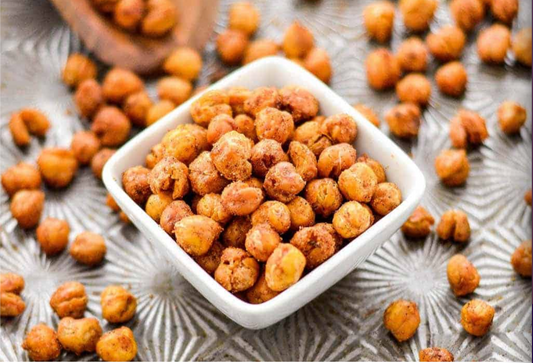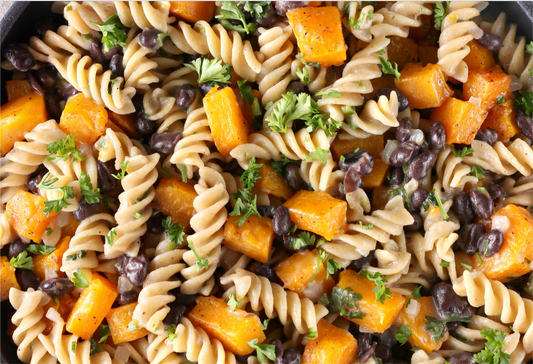Q: What is Flexible Dieting and is it for me?“Flexible Dieting is a lifestyle, one that once permanently adopted can be universally adapted to help you achieve any goal, aesthetic and athletic, that you have now, and in the future.” – Krissy Mae Cagney
A: Flexible Dieting isn’t really a diet. It is the assessment of the caloric needs of an individual and partitioning those calories into an appropriate range of macronutrients. Based on these macronutrients, you will realize your goals by improving body composition and performance. It is not eating whatever you want all the time, but rather a way to incorporate foods into your life that will allow you to maintain a healthy lifestyle without complete deprivation of foods you love.
Q: How can a coach help me get to my goals?
A: A coach can present help to you in more than one way, but ultimately, getting to your goals is a journey that you need to take on your own. The information that we give you (ie. tips and tricks, information regarding macro adjustments, meal timing etc.) act as guidelines, or a road map. Your coach will show you all the signs and signals on your road map but it is up to you to follow these signs in order for you to get to your destination.
Secondly, we understand that eating and nutrition is emotional and psychological. Your coach has been through it and will be able to provide you with exercises and guidance on how to turn your emotional relationship with food into a productive one. Ultimately, we want to reduce the time it takes for you to understand exactly what works for you. A coach will help you achieve your goals faster.
Q: Do you have to track your macros (ie. measure and weigh all food) in order to get lean?
A: Short answer, no. You can make sure you’re eating in a large caloric deficit every day while training by simply starving yourself and you will get lean. But we know you love food too much to do that to yourself and it’s not exactly conducive to your performance. Tracking your macros allows you to eat the most amount of food you can while still being in a slight deficit and losing body fat.
Q: Do you have to track your macros in order to make gains?
A: Short answer, no. But tracking macros allows you to make sure you aren’t gaining the same amount (or more) of fat, as you are muscle.
Q: Why don’t you provide meal plans that will tell me what to eat?
A: Athletes on strict meal plans usually feel bound to them. We don’t want you to feel bound to what we tell you to eat. This usually results in a hiccup, which will produce a snowball effect into falling off the wagon. Following a meal plan will ultimately make you an inflexible dieter and we don’t want you to eat against your personal preference. We are looking to create a sustainable change in your dieting by letting you take control of the wheel.
Q: I don’t know which path I should be on - Cut, Maintenance, or Gain. How do I choose?
A: Maintenance – if you’re an individual working out at high intensity regularly and maybe are getting ready for a competition that doesn’t require you to drop weight, you should be eating at maintenance. If you’re not looking for a dramatic change in body composition but rather a slow and steady increase in lean muscle mass and lower fat %, you should be on a program that allows you to maintain body way while seeing slow changes. Note that this needs to be paired with an intense training program in order to see changes and muscle growth.
Cut (or caloric deficit)– A cut is for someone who knows they aren’t satisfied with their current weight or tissue breakdown (ie. more fat than muscle). Cutting your calories will slowly burn off fat while maintaining muscle mass. Whether you’re trying to make a weight class or just lean out, a carefully monitored and controlled cut might be just the thing you need.
Gain (or caloric surplus) – If you’re looking to put on an amount of muscle mass, eating in a caloric surplus is what you’ll need to do. Through a carefully monitored gain, you should be gaining no more than 1-2 lbs a week in order to avoid gaining too much fat.
Q: Will I have to do this forever? It all seems so complicated.
A: It will all seem overwhelming at first. Learning to count your macros is like learning any new skill - it takes time and effort. You have to treat it this way by being dedicated and willing to learn and improve. After a few months of tracking, you'll begin to get really good at estimating amounts of food which gives you even more flexibility and freedom (especially when going out to eat).
Being strict with counting your macros does not have to be a forever thing. However, keep in mind that the amount of discipline you have with counting should be in line with your goals. Going through the process of learning how to count macros will ultimately give you the knowledge you need to live a long, healthy lifestyle without having to be strict all the time.
Q: Okay, So I've decided that flexible dieting is probably for me. What do I do now?
A: Great! It's time to book your initial consultation with our Registered Dietician, Emilie. You will present to her an intake for giving us some information on your current lifestyle and your goals. During the consult, your starting macros will be determined on our easy to use template. After a couple days, you will receive a welcome email from your coach with your official start date, check in info and documents filled with tons of awesome information for you to read and digest. Take it all in!
Click Here to book your consult today!
We look forward to working with you.




